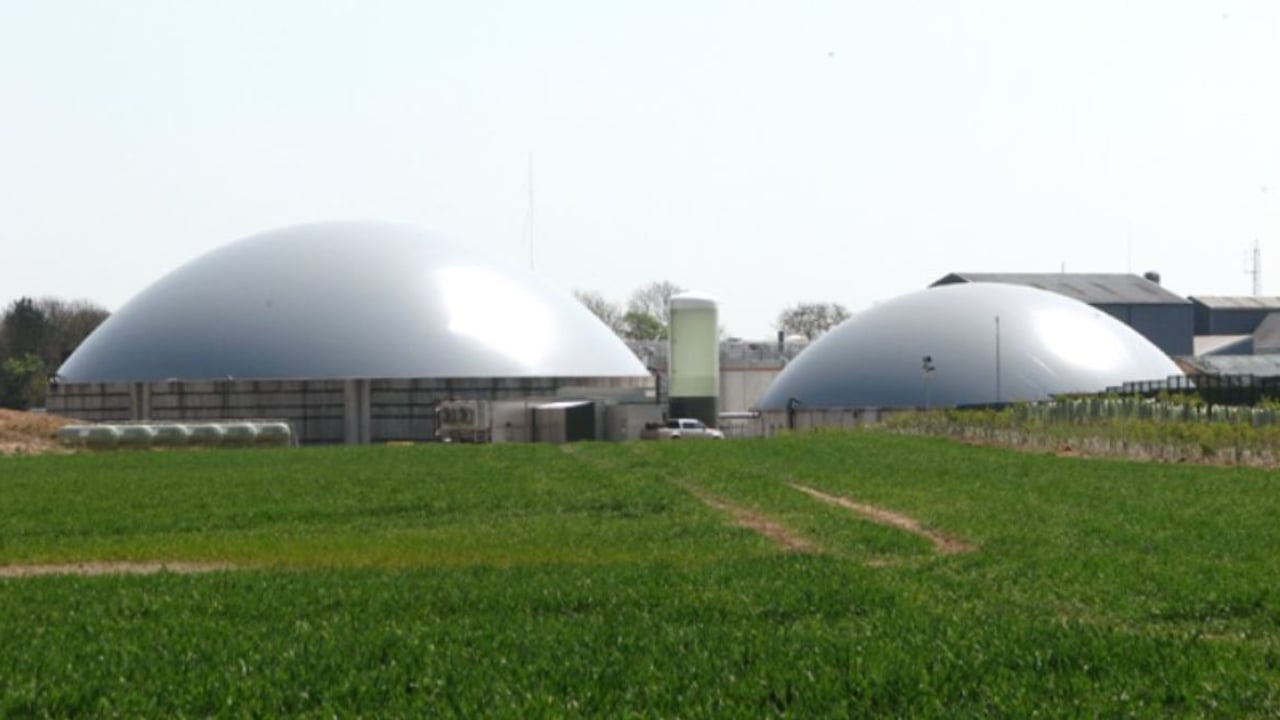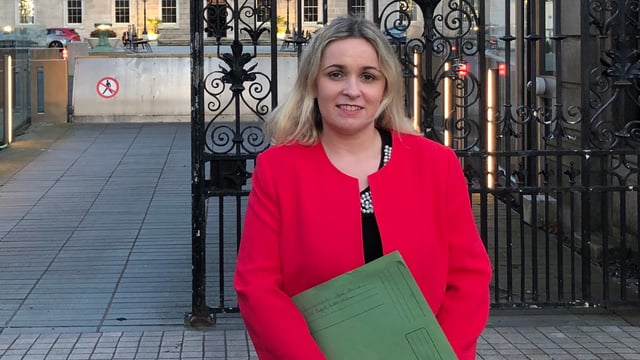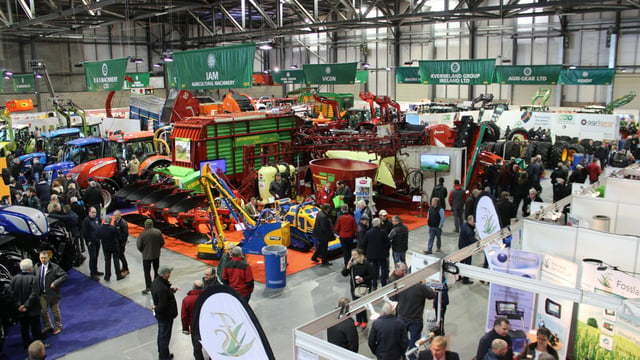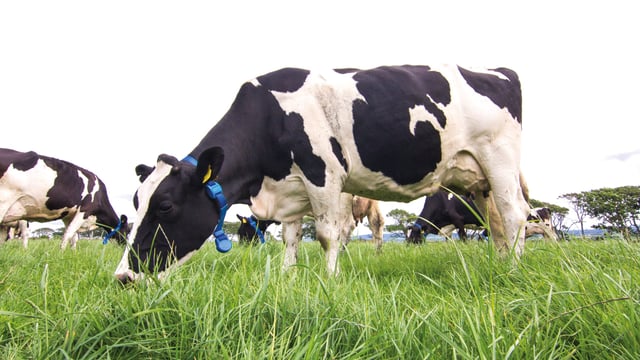Biomethane roadmap: Ireland can help decarbonise agriculture
Ireland has the capability to produce sustainable biomethane which will help decarbonise the most difficult to abate, high thermal-demand manufacturing and processing industries, as well as transport and agriculture, according to a new roadmap published today (Wednesday, June 1).
Up to 11% of current natural gas demand in Ireland could be substituted with sustainably produced biomethane by 2030, when, and if, the correct policy supports are in place.
That's according to a shared Vision and Roadmap for anaerobic digestion (AD) Biomethane Production in Ireland, published today by the Renewable Gas Forum Ireland (RGFI).
Speaking to the RGFI/REGATRACE event attendees in Dublin today, Matthieu Ballu, a senior EU Commission official, outlined details of the recently announced REPowerEU plan.
This plan includes the Biomethane Action Plan which sets out tools including a new biomethane industrial partnership and financial incentives to increase production to 35bcm (Billion cubic meters of natural gas) by 2030, including through the Common Agricultural Policy (CAP).
The commission has said that it will continue to support innovative technologies for the production of sustainable biomethane, avoiding the use of food and feedstocks that would lead to land-use-change problems.
By 2024, member states have to separately collect organic waste, which can be valorised in anaerobic digestors. The roadmap indicates that this is an opportunity to upscale the production of biogas and biomethane sustainably, creating income opportunities for farmers and foresters.
Ireland, with its grass-based agricultural systems, has the highest potential for biomethane production per capita in the EU, and a proven business case.
CEO of RGFI, PJ McCarthy said: "The speedy scaling up of biomethane produced from sustainable agricultural feedstocks as well as other biodegradable materials, is a cost-efficient path to both reduce imports of natural gas, as well as assist in decarbonising hard-to-abate pillar industries of manufacturing and processing and transport sectors, and the creating of diverse income opportunities for farmers.
"There are plans to develop up to 125 anaerobic digester plants by 2030, based on a government commitment to announce the Renewable Heat Obligation Scheme in coming weeks, which could deliver up to 2.5TWh of sustainable biomethane," McCarthy added.
The RGFI representative said that timing is of the essence for Ireland to adopt a considered and collaborative approach, across government and industry and to coordinate plans to achieve the national emissions targets by 2030 as well as the REPowerEU biomethane target.
"What is needed now is for government to come to the table with policy support on key elements of planning, market conditions, regulation, matching funding, and the earliest announcement of the Renewable Heat Obligation Scheme," McCarthy continued.
The principal elements of the Roadmap for AD Biomethane production in Ireland, published today are:
Biomethane has the potential to decarbonise thermal heat in manufacturing and processing sectors, as well as transport and will support a move towards carbon farming, according to the roadmap.
This would be through the production of sustainable feedstock, organic farm practices, biofertilisers, increased productivity and associated positive impacts on biodiversity, air and water quality, as well as other positive socio-economic and environmental benefits.
Ireland is well placed in relation to sustainable agriculture feedstock, including multi-species swards, according to Dr. Paul Crosson of Teagasc, who also addressed the REGATRACE launch today.
Teagasc has confirmed the availability of 2-4 million tonnes of sustainable feedstock for AD biomethane. RGFI suggest that a provision of about 2% to 3% of this sustainable feedstock would be made available as a backstop in the event of future fodder shortages.
For Irish farmers and the processing sector, this will assist in decarbonising the agri-food supply chain – further supporting the global marketing of Irish food and drinks products.
A sustainable, agriculture feedstock-based AD biomethane industry in Ireland will also enable the following according to the roadmap:
REGATRACE is a European collaboration between member states on the trading of biomethane and issuing of Guarantees of Origin.
RGFI is the lead partner for REGATRACE in Ireland and since 2019 has collaborated with key public and private stakeholders to develop an agreed vision and roadmap for sustainable biomethane in Ireland.






